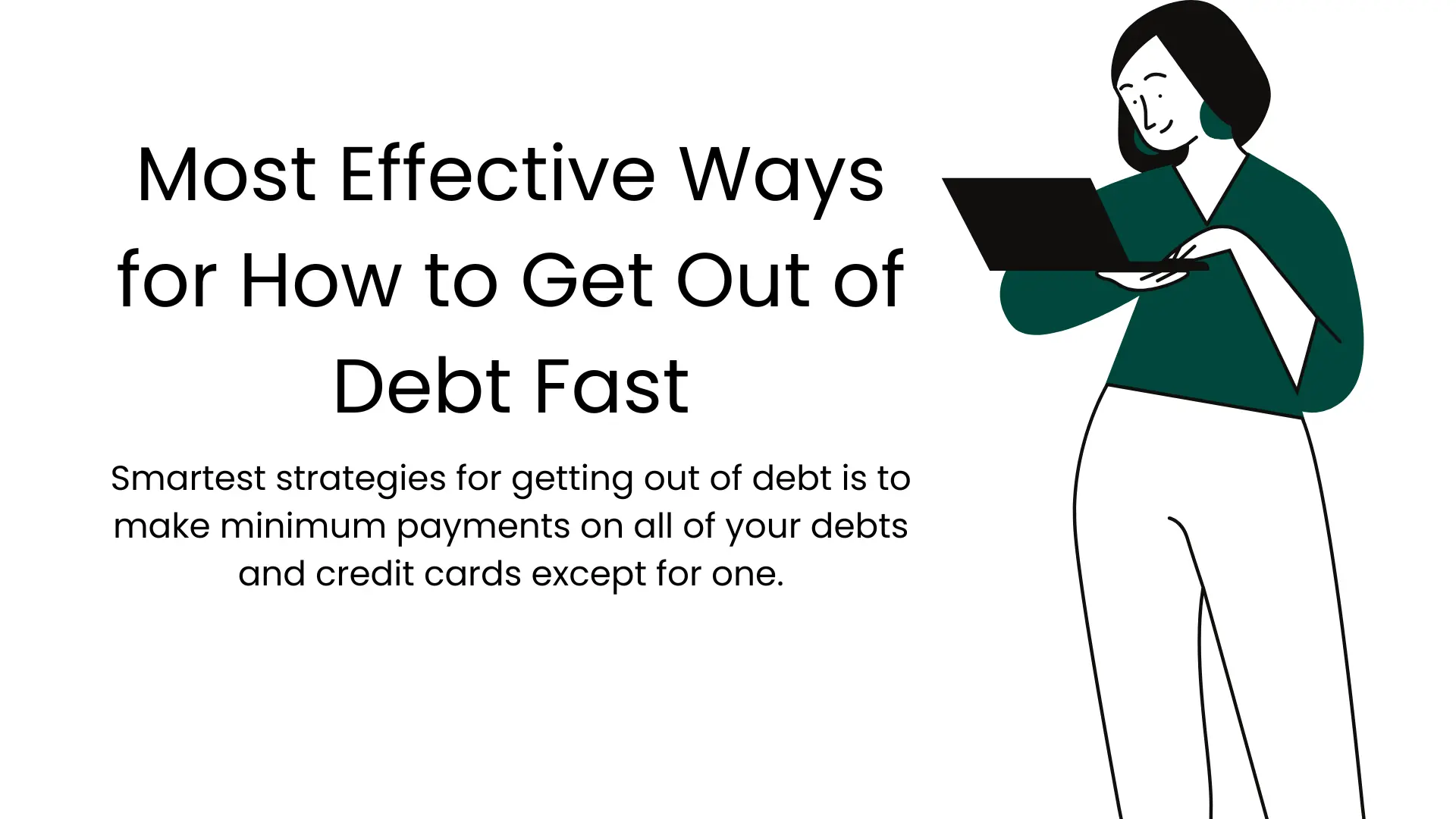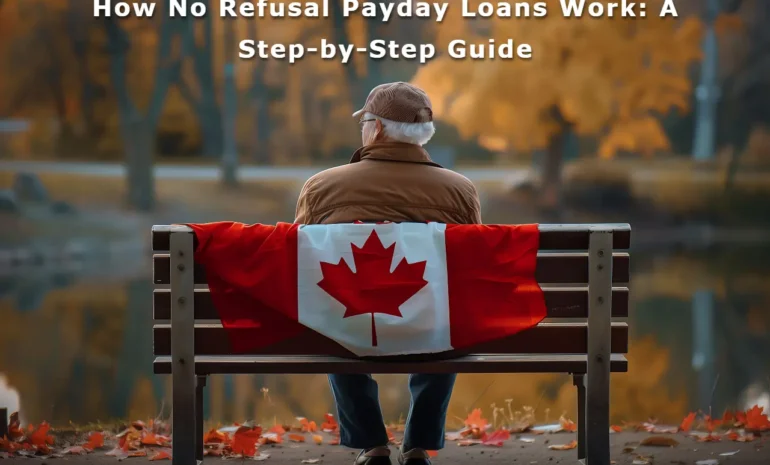Getting out of debt can indeed be challenging, but with determination and strategic planning, it is possible. With Zingo Cash, get some detailed tips to help you manage and eliminate your debt:
1. Pay More Than the Minimum Amount
Paying more than the minimum monthly payment on your debts can help reduce the principal balance faster, thus lowering the amount of interest you will pay over time.
2. Use the Debt Snowball Method
List your debts from smallest to largest. Pay off the smallest debt first while making minimum payments on the others. Once the smallest debt is paid, move to the next smallest, and so on. This method can help build momentum and motivation as you see debts being eliminated.
3. Cut Your Expenses
Evaluate your spending and identify areas where you can cut back. This might include dining out, cable TV, gym memberships, or unnecessary subscriptions. Use the saved money to pay down your debt.
4. Earn Extra Income with a Side Hustle
Consider taking on a side job to earn extra money. Ideas include freelancing, babysitting, dog walking, or part-time seasonal jobs. Use the additional income to pay off your debt faster.
5. Sell Unneeded Items
Sell items you no longer use or need. Online platforms like eBay, Craigslist, and Facebook Marketplace can help you turn clutter into cash.
6. Consider a Part-Time Job
If possible, get a part-time job to earn more money. This can be especially helpful if you have a significant amount of debt.
7. Request Lower Interest Rates
Contact your credit card issuers and request a lower interest rate. Lower rates can reduce the amount of interest you pay and help you pay off debt faster.
8. Use Balance Transfers Wisely
Consider transferring high-interest debt to a credit card with a lower interest rate. Be sure to read the terms and ensure you can pay off the balance during the promotional period to avoid high rates later.
9. Use Found Money to Pay Down Debt
Apply any unexpected money, such as bonuses, tax refunds, or gifts, directly to your debt.
10. Avoid Costly Habits
Evaluate your spending habits and cut down on expensive behaviors. This includes reducing or eliminating impulse purchases and dining out.
11. Couponing and Discounts
Use coupons for items you regularly purchase. Avoid buying things just because you have a coupon.
12. Shop with a List
Always shop with a list to avoid impulse buying. Stick to your list to control spending.
13. Utilize Free Entertainment
Find free or low-cost entertainment options. This might include visiting parks, attending free community events, or borrowing books and movies from the library.
14. Sell Your Car
If your car payment is a significant part of your budget, consider selling your car and using public transportation.
15. Reduce Credit Card Usage
Limit your credit card usage to one or two cards, and avoid adding new charges while you focus on paying down existing debt.
16. Use Cash for Purchases
Paying with cash can help you feel the impact of your spending and potentially spend less.
17. Build an Emergency Fund
Set aside money each month for an emergency fund to avoid relying on credit in case of unexpected expenses.
18. Avoid Going Out with Friends
Limit expensive social activities until you are debt-free. Suggest budget-friendly alternatives like potlucks or game nights at home.
19. Create a Budget
Develop a budget to track your income and expenses. This will help you understand where your money is going and identify areas to cut back.
20. Involve Your Family
Discuss your financial goals and budget with your family. Their support can help you stay motivated and committed to your plan.
21. Learn to Say No
It’s important to recognize when to say no to requests for financial help from friends or family, especially if it compromises your ability to pay off your debt.
22. Consider Debt Consolidation
Debt consolidation can simplify your payments and potentially lower your interest rate. Explore this option to see if it’s right for you.
23. Spend Less Than You Earn
Ensure your spending aligns with your income. Avoid purchasing items you cannot afford and prioritize paying down debt.
24. Seek Credit Counseling
A credit counselor can provide valuable advice and help you explore options to manage your debt effectively.
25. Refinance Your Mortgage
If you own a home, consider refinancing your mortgage to take advantage of lower interest rates. This could free up money to pay down other debts.
By following these strategies, you can take control of your financial situation, reduce your debt, and work towards a more secure and stable financial future.


